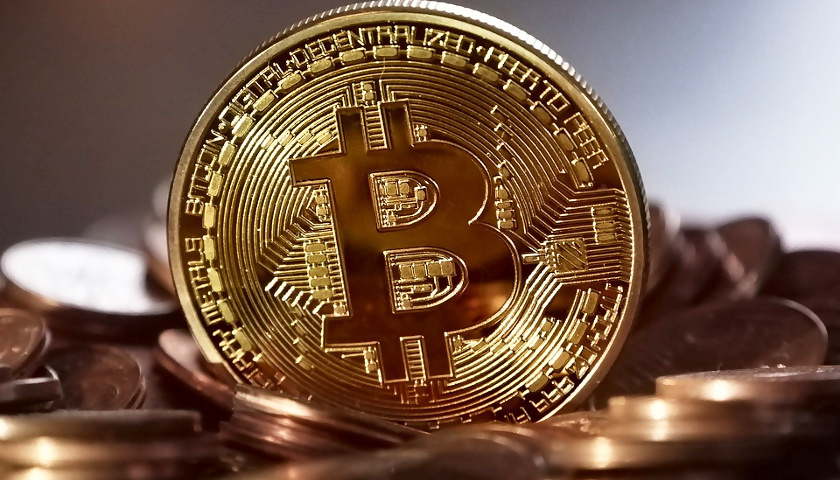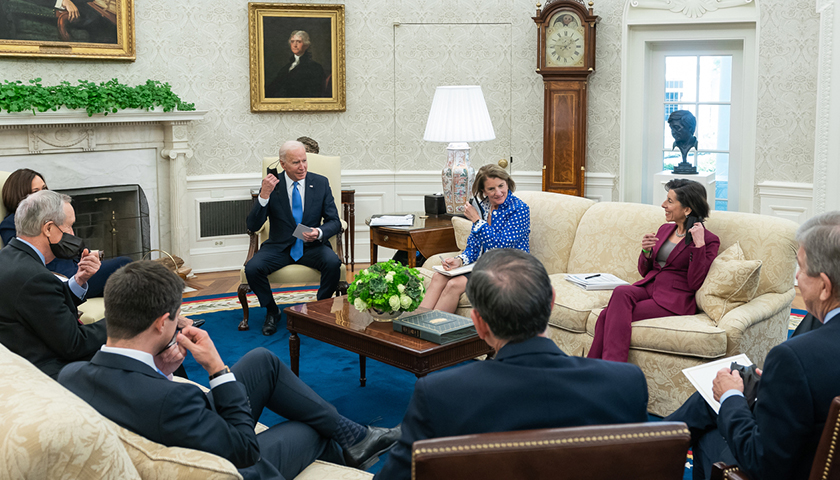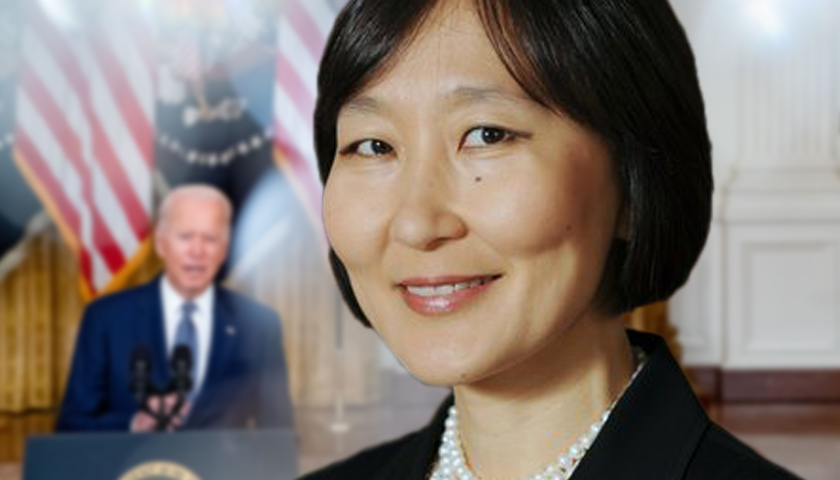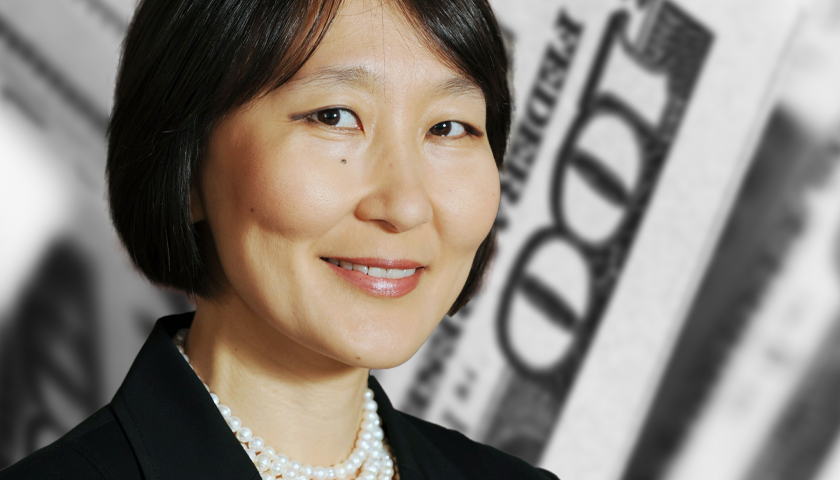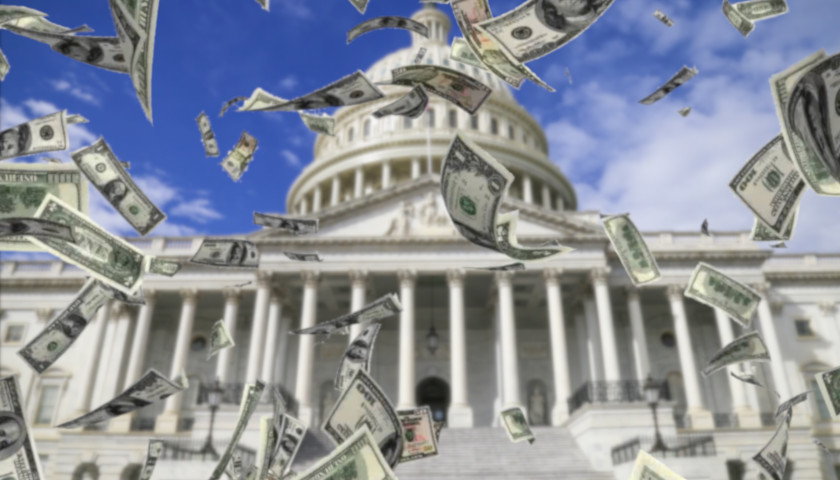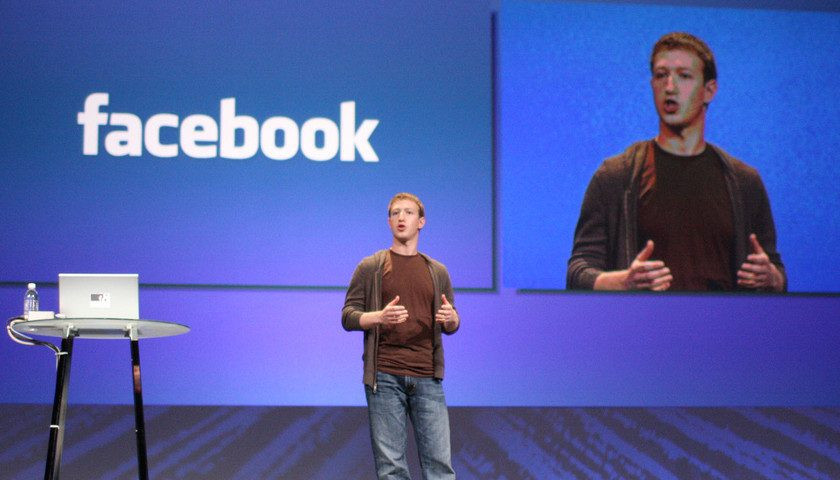President Biden’s latest executive order calls for extensive research on digital assets and may usher in a U.S. central bank digital currency (CBDC), eventually allowing individuals to maintain accounts with the Federal Reserve. Other central banks are already on the job. The People’s Bank of China began piloting a digital renminbi in April 2021. India’s Reserve Bank intends to launch a digital rupee as early as this year.
A CBDC may upgrade the physical cash the Federal Reserve already issues — but only if its designers appreciate the value of financial privacy.
Cash is a 7th century technology, with obvious drawbacks today. It pays no interest, is less secure than a bank deposit, and is difficult to insure against loss or theft. It is unwieldy for large transactions, and also requires those transacting to be at the same place at the same time — a big problem in an increasingly digital world.
Read the full story
